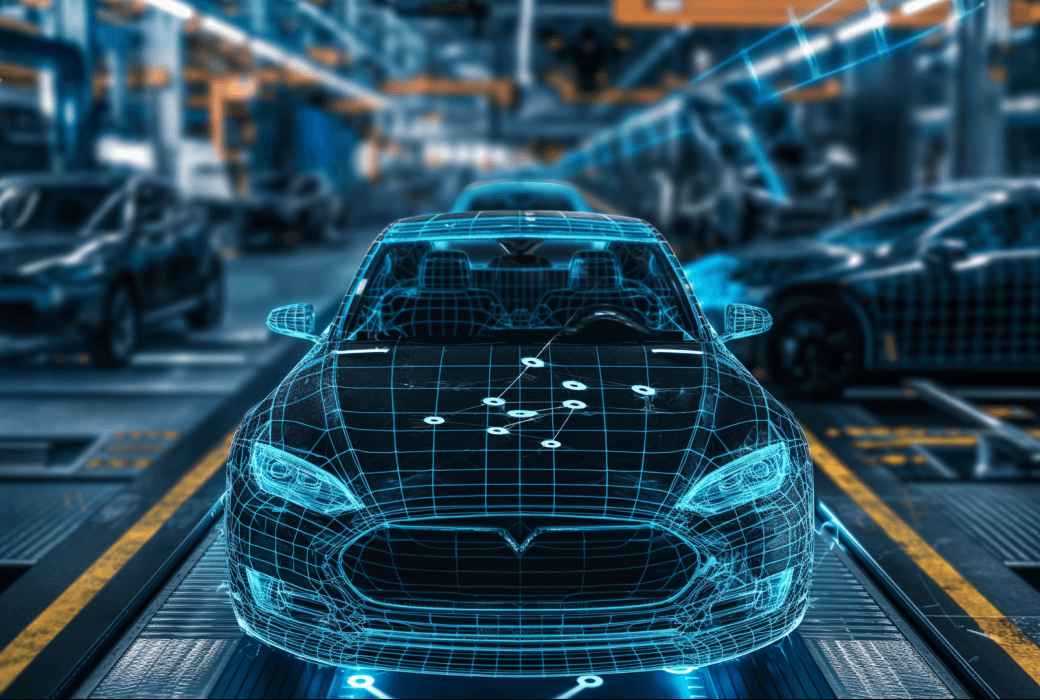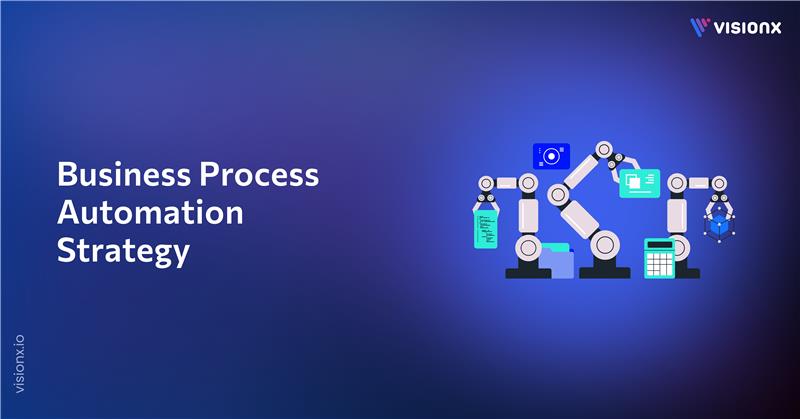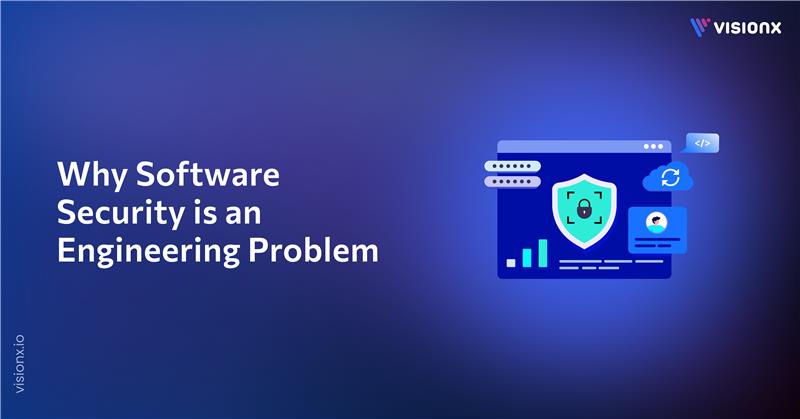The automotive industry is continuously changing with digitalization. Nothing remains untouched from the technological ambit during the vehicle’s entire lifecycle. Whether it is smart manufacturing or connected features, digital tools are everywhere. Cars today have advanced sensors, software, and connectivity. The tools also make driving safer and more efficient for people.
For the manufacturers, digitalization brings better insights and optimized production. It also allows speeding innovation. In places like autonomous driving and electric vehicles, emerging trends can be seen. Today, the personalized-in-car experience is possible because of digitalization. The industry is changing its face, and digitalization stands at the core of it.
This blog informs readers about digitalization in the automotive industry. We’ll define digitalization, explore its revolutionizing effects, discuss key components and benefits, and address challenges and future trends. Real-life case studies will highlight successful initiatives. By the end, you’ll grasp the impact of digitalization on the industry.
Digitalization in Automotive Industry: What it Means?
Digitalization in automotive companies incorporates digital technologies into every step of the processes involved. Such a transformation changes the way vehicles are designed, manufactured, and, most importantly, used. It extends to sophisticated software-based solutions, artificial intelligence, and data analysis, which increase efficiency in operations and upsurge product quality.
Digitalization allows for virtual testing and product refinement, speeding up production cycles with minimal costs. It also addresses the growing consumer need for more connected and autonomous vehicles, moving toward a more agile and data-driven approach that enhances the general user experience.
How Does Digital Technology Affect the Shifts in the Automobile Sector?
Digital technology has brought about huge transformations in the automotive industry in several dimensions. Below are some of the primary transformations occurring in this sector:
Development of Products:
Due to digitalization, vehicle design and performance can be simulated; therefore, physical prototypes are no longer necessary. This will improve overall development speed and save money while making it possible to innovate much faster.
Autonomous Systems and Simulation:
Simulation technologies are also important in the development process of autonomous vehicles. They enable one to test virtually before going to the expensive and risky real-life tests.
Connected Vehicles:
The increase in the number of people willing to consume connected and automated vehicles is altering the status. The vehicle on the road will likely be fully electric and have all the self-driving technologies expected to be delivered by 2050. It would increase the connectivity with surrounding systems.
Smart Manufacturing:
The inclusion of AI, IoT, and robotics helps improve the efficacy and quality of production in the manufacturing process. It incorporates real-time data with predictive maintenance to continue processes under manufacturers’ knowledge and avoid potential downtime.
Efficiency in Supply Chain Management:
Digital solutions increase the effectiveness of communication between producers, their intermediaries, and customers. Such process smoothing occurs when stock control is carried out, and goods are supplied to the client, thus increasing the effectiveness of the whole supply chain.
Key Components of Digitalization in Automotive Industry
The process of digital transformation in the automobile market is built on a few major pillars such as:
IoT Integration:
Vehicles should be included in the internet connection to exchange data and perform remote monitoring.
AI and Machine Learning:
Using algorithms to improve decision-making, safety in driving, and efficiency in manufacturing.
Cloud Computing:
Availing the service of clouds for data storage and analytical functions, retrieving information in real-time.
Big Data Analytics:
Aggregation of enormous data volumes that would flow through vehicles and users as a guide for the development of products and approaches to customer service.
Key Benefits of Digitalization in Automotive Industry
How is your company using digitization to stay competitive? Here are five key benefits of digitalization in the automotive industry that help you to maintain your competitiveness:
1. Maximized Productivity:
The use of technology and analytics has facilitated the manufacturing process. This means that most of the physical processes involved in a company’s are computer-assisted. As a result, the speeds and costs associated with production are greatly improved. This improvement in operational efficiency brings about a quicker turnaround in introducing new automobiles in the market.
2. Safety Improvements:
Digital technology is applied in connected vehicles to interact with others and their environment. Digital communication prevents accidents by providing a real-time view of road conditions and traffic. Other features that could improve safety are collision avoidance systems, among others.
3. Predictive Maintenance:
Real-time vehicle performance monitoring enables manufacturers and consumers to foresee required maintenance. The data collected from sensors allows a company to predict potential causes for dangerous faults before they become serious issues. This proactive solution reduces downtime and repair costs to ensure better vehicle reliability.
4. Enhancing Customer Experience:
Digital tools also aid in the personalization of service by auto producers, including in-car entertainment and navigations tailored to the customer’s likes. Advanced connectivity enables over-the-air updates so the cars have the latest software features. This builds the experience for the customer, and they will be satisfied and loyal to the brand.
5. Faster Innovation:
Digitalization speeds up the design and testing phases of vehicle development. These designs can be simulated and tested using tools such as virtual and augmented reality before physical prototypes are developed. This allows for faster iteration cycles and new technologies to help make firms competitive in a fast-evolving marketplace.
Challenges of Digitalization in Automotive Industry
The automotive industry derives significant transformative benefits from digitalization, but several challenges are also attached to it:
1. Implementation Costs:
Adopting digital technologies requires massive investments in new equipment, software, and skilled personnel for proper utilization. Most of these costs, especially for relatively smaller companies, come with recurring maintenance and upgrade expenses.
2. Data Security and Privacy Concerns:
As vehicles become increasingly connected, they collect and transmit gigabytes of data. Attacks from cyber intruders create an easy target for data breaches that question users’ safety and ability to trust such systems. The lack of compliance with data privacy laws does not help either.
3. Skill Gaps and Workforce Adaptation:
A digitalized workplace will require an adequately skilled workforce in modern technology, data analytics, and cybersecurity. Finding and training such workers poses significant challenges to most automotive companies.
4. Integration Challenges of New Digital Systems:
Integration of new digital systems with legacy infrastructure is difficult. Legacy system integration often proves incompatible with the latest digital tools and is also likely to be expensive, resulting in costly modifications to build an interconnected cohesive system in digital.
5. Faster Technological Advancements:
The pace at which digital technology develops is tremendous, and companies, therefore, need to keep their systems competitively up to the mark. Delaying upgrades can cost resources to maintain parity and out-of-date equipment or processes.
Future Trends in Digitalization in Automotive Industry
In the coming years, the following aspects are likely to influence the digitalization of the automotive space:
- Electric and Autonomous Vehicles: Future investment in EVs and self-driving technology will trigger further digitalization.
- More usage of AI: AI will be more integrated with vehicle design, manufacture, and customer service.
- Blockchain Technology: It can enhance the transparency aspect of the supply chain and make transactions secure.
- Connectivity through 5G: Fast, reliable connectivity would ensure proper vehicular-to-infrastructure communication and general connectivity.
Case Studies
Here are a few brief case studies on how digitalization changes the automotive industry:
A. Volkswagen’s Digital Factory:
Volkswagen successfully implemented IoT and data analytics through its “Digital Factory” program, which ensured real-time monitoring for automated production at low costs.
B. Tesla’s OTA Updates:
Tesla’s over-the-air updates continue to deploy new features and fix issues, delivering real-time updates directly in vehicles, which is highly advantageous for customers without requiring dealership visits for maintenance.
C. BMW’s Predictive Maintenance:
BMW employs advanced data analytics to foresee service requirements, mitigate breakdowns, and enhance vehicle dependability while reducing expenses.
D. Ford’s Digital Twin Technology:
Using digital twins, Ford simulates and improves manufacturing processes. Digital twins then optimize the supply chain to understand where inefficiencies and tools can be leveraged to improve overall product quality.
E. GM’s AI Supply Chain Optimization:
General Motors maximizes its supply chains with artificial intelligence at its disposal. This enables optimization of inventory management and disruption risk prediction for better resilience and more efficiency in the supply chain.
Wrapping Up
The automotive industry has not simply adopted the digital wave; instead, it has transformed the scope of how vehicles are conceived, produced, and marketed. That ongoing digital transformation process, which the industry is also embracing, usefully presents challenges and, more so, opportunities for the industry players.
Through the appropriate understanding and execution of digitalization, progress, operational effectiveness, and better customer service satisfaction can be achieved by the automobile industry, thus changing the face of mobility for the better.
Digitalization With VisionX
With VisionX’s technology consulting services, you will be able to accelerate your digitalization efforts. Our consultants will evaluate your infrastructure and develop suitable custom-made solutions to increase efficiency and competitiveness by reorganizing your operations and automation tasks. We help you implement innovative technologies that suit your business needs and push you forward into today’s rapidly changing digital landscape.


